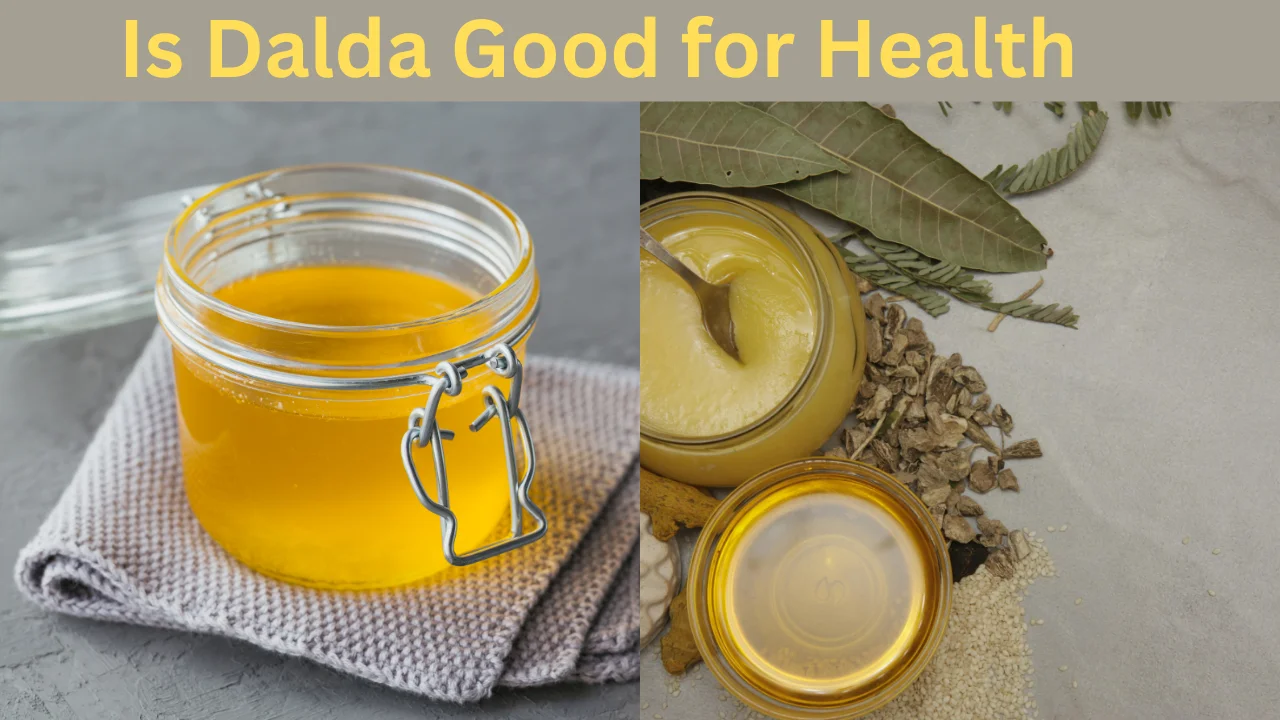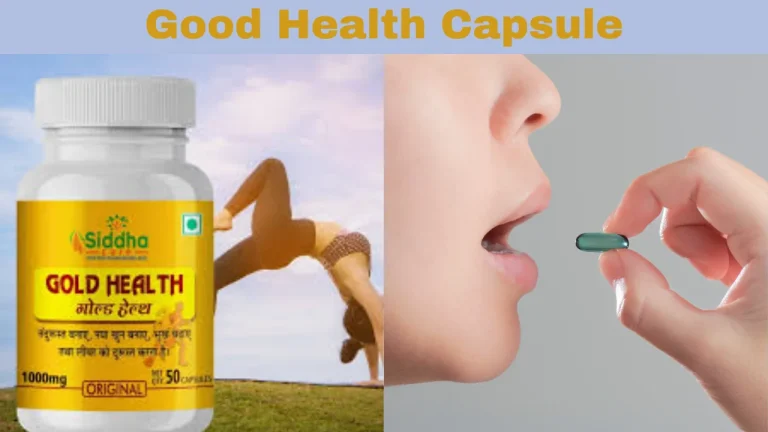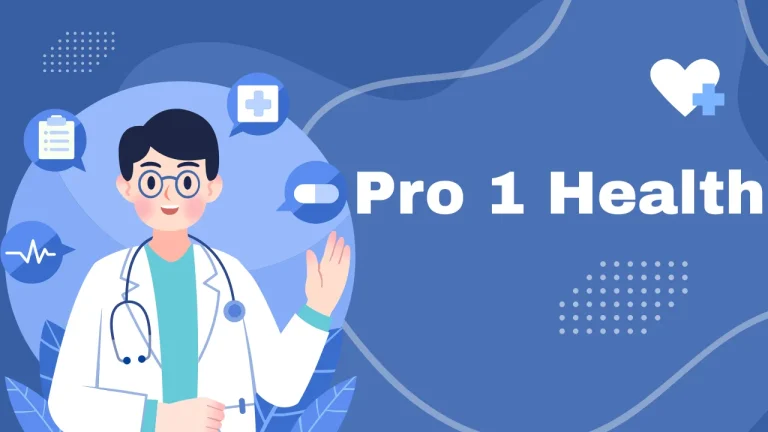Is Dalda Good for Health? Know the Hidden Truth

In many homes, Dalda is a familiar name. It has been used for decades in cooking, baking, and frying. But today, people ask a very important question: is Dalda good for health?
With growing health concerns, many want to know if this popular cooking fat is safe to eat. In this blog, we will explain everything you need to know about Dalda. We’ll look at how it’s made, its health effects, and better choices for cooking.
Also Read: Premier Health Center: Excellence in Diagnostics and Care
What Is Dalda?
Dalda is a brand of vanaspati ghee, which is hydrogenated vegetable oil. It was first made as a cheap option to pure desi ghee. Over time, it became popular in households, sweet shops, and restaurants.
But Dalda is not made naturally. It goes through a chemical process called hydrogenation, where vegetable oils are turned into solid fat. This process creates trans fats, which are bad for health.
So, when people ask it, the answer depends on how much you know about trans fats and their effects.
Is Dalda Good for Health?
The answer is mostly no. Dalda is a type of vanaspati ghee, which is made by hydrogenating vegetable oils to make them solid at room temperature. This process creates trans fats, which are known to be harmful to the human body. Trans fats increase bad cholesterol (LDL) and decrease good cholesterol (HDL), leading to a higher risk of heart disease, obesity, diabetes, and other health issues. Even though Dalda was once a popular and cheap alternative to desi ghee, modern research shows that it can damage health over time. Doctors and health experts strongly advise avoiding trans fats, and since Dalda contains them, it is better to use natural oils like olive oil, mustard oil, or pure ghee instead. So, if you are wondering is Dalda good for health, it is clear that it is not a healthy choice, especially for regular use.
How Is Dalda Made?
To make Dalda, vegetable oil is treated with hydrogen gas. This is done at high heat and pressure. A metal like nickel is used as a catalyst in this process.
This turns the liquid oil into a solid fat. The new fat lasts longer and can be used for deep frying. But during this process, trans fatty acids are formed. These are harmful to the human body.
Now, let’s see the key difference between natural ghee and Dalda:
| Property | Desi Ghee | Dalda (Vanaspati Ghee) |
|---|---|---|
| Source | Animal milk fat | Vegetable oil |
| Processed | No | Yes (Hydrogenated) |
| Contains Trans Fats | No | Yes |
| Texture | Natural | Artificial |
| Health Effects | Can be healthy | Risk of heart issues |
Clearly, if you compare both, it becomes a serious concern.
What Are Trans Fats?
Trans fats are a type of unsaturated fat, but they act like saturated fats in the body. They increase bad cholesterol (LDL) and lower good cholesterol (HDL).
The World Health Organization (WHO) has warned about trans fats. Even a small amount can be risky. They can lead to:
- Heart attacks
- Stroke
- Obesity
- Diabetes
- High blood pressure
This is why doctors say that trans fats should be removed from our diets completely. Dalda contains these harmful fats.
Health Risks of Using Dalda
Eating Dalda over time can lead to serious health problems. It may not cause illness right away, but it silently damages the body.
Here are some common risks:
| Health Risk | How Dalda Affects It |
|---|---|
| Heart Disease | Increases bad cholesterol |
| Obesity | Adds unhealthy fat to the body |
| Diabetes | Affects blood sugar and insulin |
| Inflammation | Causes swelling in organs and joints |
| Stroke | Raises risk of blocked blood vessels |
So when we ask it, we need to consider all these dangers.
Also Read: Total Health Medical Centre: Your Trusted Hub for Healthcare
Why People Still Use Dalda
Even after knowing the risks, many still use Dalda. Why?
Because it is:
- Cheap
- Easily available
- Used in traditional cooking
- Gives good texture to fried foods
Also, many people don’t know how harmful trans fats are. They use Dalda because their parents or grandparents used it.
But old habits are not always healthy. As we learn more, it becomes clear that it is not just a question — it is a warning.
What Do Health Experts Say?

Doctors, nutritionists, and global health groups have said that trans fats must be avoided. In India, the FSSAI (Food Safety and Standards Authority) has set a limit for trans fats in products like Dalda.
It now must have less than 2% trans fats. But that does not mean it is safe. Even small amounts can be harmful if used daily.
Health experts suggest replacing Dalda with better options. These include:
| Healthier Alternatives | Why They’re Better |
|---|---|
| Olive Oil | Rich in good fats and antioxidants |
| Mustard Oil | Contains omega-3, good for the heart |
| Desi Ghee (in limits) | Natural and easy to digest |
| Coconut Oil | Good for energy and brain function |
These choices are much safer. They have no trans fats and provide nutrients the body needs. That’s why, when asked, is Dalda good for health, most experts say no.
What Labels Don’t Tell You
Many food packages say “zero trans fat.” But did you know that up to 0.5 grams per serving is still allowed to be called zero?
That means if you eat a little every day, it can still build up in your body. Dalda and other vanaspati products may not clearly show all the hidden fats.
So always check for terms like:
- Hydrogenated oil
- Partially hydrogenated fat
- Vanaspati
Effect on Children and Elderly
Kids need good fats to grow strong. Their brains, bones, and muscles develop with healthy oils. Dalda gives no such benefits.
In the elderly, the heart and liver are more sensitive. Using Dalda in their food can cause high blood pressure, blocked arteries, or cholesterol rise.
That’s why it’s best to avoid Dalda in homes where children and older people live. Ask yourself once more, it especially for those you love.
Is It Okay Once in a While?
Some people believe that eating Dalda sometimes is okay. But think about it like this:
If you smoke one cigarette a week, is it safe? Not really.
Similarly, even small amounts of Dalda can add up. So it’s better to avoid it completely than take risks.
Instead, use pure ghee or vegetable oils with natural fats. These are not only safe but also help the body work better.
If you’re still thinking it, remember that food is your body’s fuel. You wouldn’t put bad fuel in a car, right?
Healthy Cooking Tips
To protect your health, follow these easy tips:
- Cook with natural oils, not processed fats.
- Avoid deep-frying often. Try grilling or baking instead.
- Do not reuse oil after frying. It becomes more toxic.
- Eat more homemade food and fewer fast foods.
By making these small changes, you will feel more energetic and healthy. You will no longer have to wonder it— because you won’t be using it anymore.
Also Read: Health Care Diagnostic Centre: The Key to Accurate Diagnosis
Final Thoughts
So, after everything we’ve explored, is Dalda good for health? The honest answer is no. Dalda may be cheap and tasty, but it comes with serious health risks.
From increasing your chances of heart disease to contributing to obesity, the dangers of trans fats cannot be ignored. Even with reduced trans fat content, the product is still processed and not ideal for daily cooking.
In a world where better options are easily available, there’s no reason to stick with something harmful. Choose natural, heart-friendly oils that support long-term health. Let your food be both delicious and nourishing.






